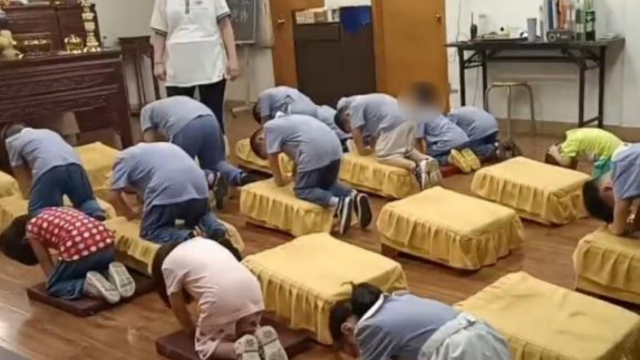By Gina Goh
On November 17, 2019, Hong Kong police laid siege to the Hong Kong Polytechnic University. As a result, the once peaceful university was transformed into a battlefield, trapping more than 1,000 students inside its grounds in a tense standoff.
Christians, who have been the bedrock of the movement in Hong Kong from the beginning, stepped in to help. Preachers and social workers gathered around the campus to pray with concerned parents and friends for days. Some, like Pastor Youngman Chan, managed to enter the school a few days after the siege and provide much needed counseling and prayer for students who chose to stay behind after the rampage.
What started as a simple demand to withdraw a law that would enable the extradition of criminals to China from Hong Kong last June, has turned into a larger call to preserve democracy and human rights.
Christians in Hong Kong account for 12% of the total population of 7.5 million, and they have been involved in the movement for a long time. Many of them have been the driving force behind the movement.
From the beginning, they held prayer vigils and gatherings. Churches opened their doors as shelters for protesters, and a number of high-profile Christian leaders, such as Joshua Wong and Bishop Joseph Ha, supported the movement. In fact, the song, “Sing Hallelujah to the Lord,” was the anthem in the movement’s earliest stages.
The real reason behind their involvement, according to Benedict Rogers, the founder of Hong Kong Watch, was because “they want to protect Hong Kong’s freedoms. With political freedom disappearing, they wonder whether religious freedom will be eroded next. They see what’s happening in China and they are concerned.”
Their faith encouraged them to pursue human rights and justice for their fellow citizens. Their theology challenged them to step out of their church buildings and participate in social movements. Their understanding of the threat that China poses to their religious freedom pushed them to the streets so they would not suffer the same fate as their brothers and sisters in China. They knew that once Hong Kong’s freedom is lost, it would be nearly impossible to get back.
Rogers thinks that Hong Kong’s Christians “are vulnerable once freedom itself is eroded, since religious freedom will sooner or later be impacted.”
Already, there have been reports of police monitoring certain churches, according to Rogers. A Catholic church in Sai Wan Ho was raided when police barged in to arrest protesters last November.
Church groups like the Justice and Peace Commission of the Hong Kong Catholic Diocese, Christian Pastors and Theological Educators Petition Committee, Protect the Children, and Hong Kong Social Concern Fellowship, have all been involved in the movement, each playing a distinct role to support the protesters and their cause. Prayer vigils, special sermons, waves of open letters and statements to the SAR government, and meetings with Chief Executive Carrie Lam are some of the measures Hong Kong Christians have taken.
Other Christians have chosen to serve the protesters on the streets. A group of mostly Christian volunteers, led by pastor Roy Chan from Good Neighbor North District Church, tried to stop clashes from happening. The volunteers put themselves between protesters and police in a bid to mediate during the early phase of the protests. Their actions unfortunately became less effective as the Hong Kong police turned more violent and indiscriminate against protesters and passersby on the streets.
As the battle rages on, many Hong Kong Christians find themselves inseparable from the collective uprising against the communist takeover of Hong Kong,
Seeing that, Beijing’s increasing encirclement and strangulation of Hong Kong leaves most very uneasy and willing to risk all to defend Hong Kong.
They know that this fight will carry on, and that they will need to band together to protect their home.
Source: ICC www.persecution.org












